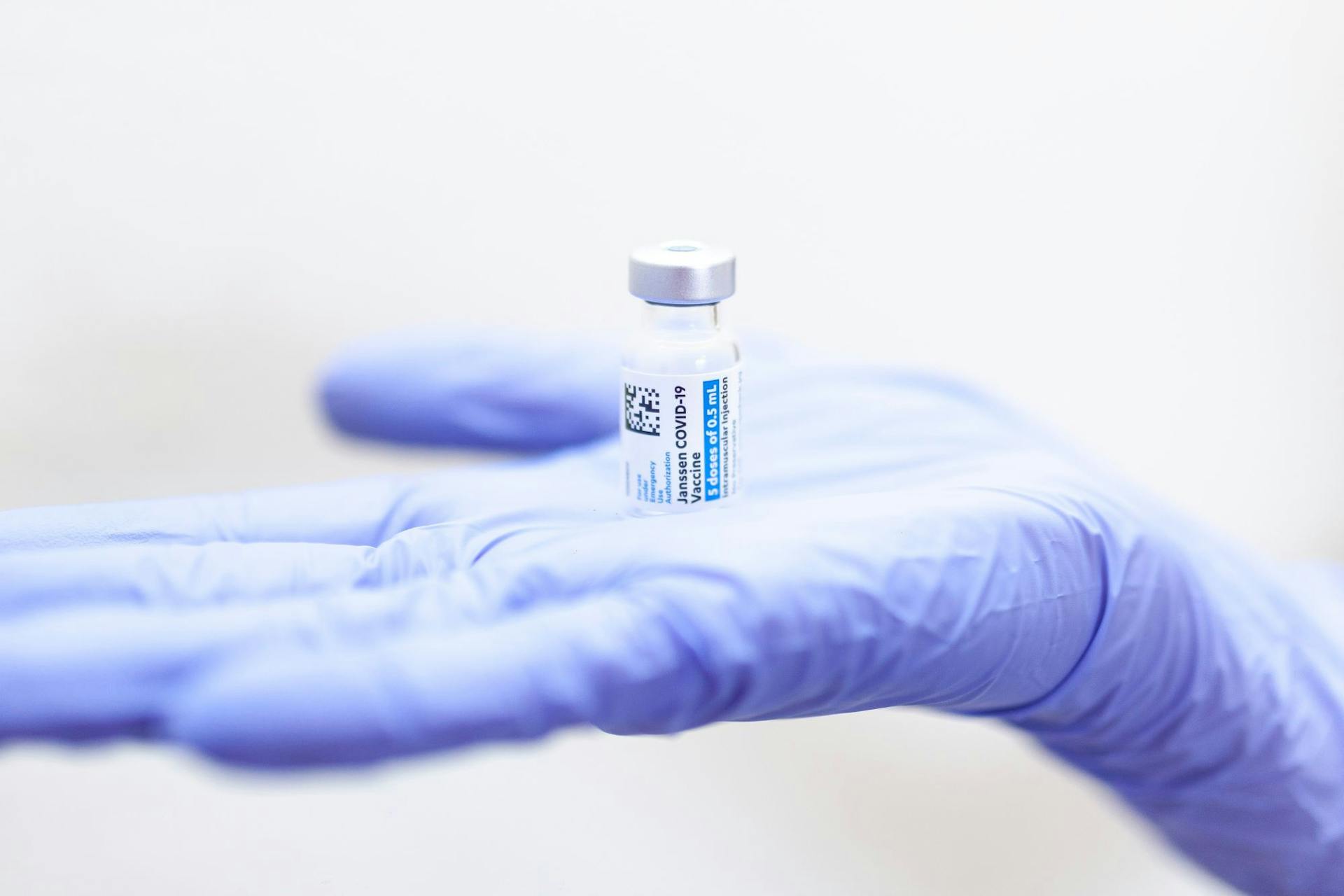Needle phobia treatment could reduce COVID-19 vaccine hesitancy by 10%
updated on Jun 16, 2021

A quarter of the UK population screens positive for a potential injection phobia, raising concerns over COVID-19 vaccine uptake, study reveals
In a new large scale study that surveyed just over 15,000 UK adults, a quarter of them presented as likely to experience injection phobia. The same group was twice as likely to report COVID-19 vaccine hesitancy, meaning they would put off or never get the coronavirus vaccine.
If all injection anxiety in the population was removed, just over 10% of all vaccine hesitancy would also disappear, indicates the study.
OCEANS-III, (Oxford Coronavirus Explanations, Attitudes, and Narratives Survey) conducted the study that asked participants to rate their anxieties about needles and blood and willingness to get the COVID-19 vaccine.
It found that COVID-19 vaccine hesitancy was slightly higher in younger people and certain ethnic minority groups, due to both needle phobia and vaccine scepticism. The study demonstrated that fears around injections partially account for higher rates of vaccine hesitancy in these demographic groups.
Typically, those who are vaccine-hesitant are concerned about the safety, length of testing and side effects of the vaccine plus are sceptical of the seriousness of the coronavirus. However, the study now indicates the needle phobia is contributing to vaccine hesitancy.
What happens to our bodies with a vaccine phobia?
Study-lead Professor Daniel Freeman explained that the sight of a needle for people with injection phobia will kickstart the physical reaction, prompting an initial increase in heart rate and blood pressure.“This may be swiftly followed by a sudden decline in both. When that happens, some people faint.
"People may certainly think twice about joining a queue for a vaccine if they fear that they might topple to the ground.”
There are a variety of treatment options available so if you are struggling with a needle phobia, know that it won't be forever. Hypnotherapy and self-hypnosis are other useful skills to learn that can be successful for overcoming phobias of all kinds. It can be a helpful tool in working towards receiving the COVID-19 vaccination. Let’s look at this in more detail.
Listen to the Happiful's I am. I have podcast episode with Natasha Crowe on hypnotherapy for needle phobia.
How to overcome needle phobia with hypnotherapy
“One of the major benefits of hypnotherapy is the ability to disassociate the person from the overwhelming fear,” says Certified Master Hypnotherapist, Biodun Ogunyemi. “This means that effectively hypnotherapy can help you detach from the emotion of fear in situations where it is not necessary.”
Learned behaviours
A phobia is a learned behaviour, an initial-fear response we have learnt and anything can be ‘unlearned’. Hypnotherapy for needle phobia works by guiding you into a relaxed, trance-like state, which allows your subconscious mind to be more receptive to suggestion, and thus change learned habits.
"Bypassing the conscious mind to access the subconscious enables you to address your fears internally and put them into perspective."
Relaxation
Once in this deep state of relaxation, the hypnotherapist will detail how the challenges you face serve you no purpose. “I will suggest better, alternative solutions that perhaps we had both discussed beforehand, and then I will reinforce these suggestions several times to recalibrate your thoughts. Effectively detaching the emotion from previous memories or all future memories where it is not required.” Biodun explains.
Resources
Biodun notes that by creating a set of helpful resources, transformation can occur right away and you can use these resources at home to practise self-hypnosis to reinforce the more helpful messages.
“The majority of people understand that their phobia is irrational but are unable to dissipate the fear that goes hand-in-hand with it. Bypassing the conscious mind to access the subconscious enables you to address your fears internally and put them into perspective."
Needle phobia can be highly detrimental to a person’s life and even stop them from getting important health procedures, but it’s important to know there are lots of helpful resources and therapy that can support you in your journey to being phobia-free.
If you’re interested to find out more about hypnotherapy for needle phobias, visit Hypnotherapy Directory.
Listen to hypnotherapist Natasha Crowe's calming relaxation session.

